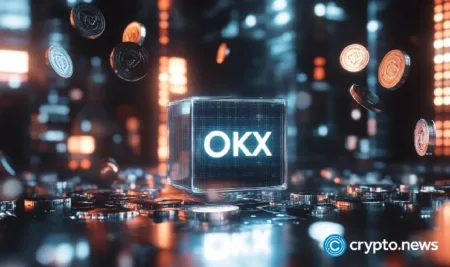Elon Musk is making waves through his involvement in Donald Trump’s Department of Government Efficiency (D.O.G.E), rejecting the idea of a scarcity mindset in the U.S. job market. Musk believes in the endless potential for job and business creation through innovation, criticizing “wrong-headed economic thinking.” The bold goals of D.O.G.E, including cutting $2 trillion from federal spending, have sparked national discussions about job creation, immigration reform, AI policy, and America’s fiscal future.
D.O.G.E’s plans to reduce federal spending by massive layoffs, budget cuts, and regulatory reforms have raised concerns due to their ambitious nature. Elon Musk and co-lead Vivek Ramaswamy aim to slash the federal workforce by up to 75%, a move that experts question due to the political challenges associated with mandatory spending programs like Social Security and Medicare. Critics doubt that D.O.G.E’s efficiency cuts can meet the $2 trillion target, warning of potential economic destabilization through higher borrowing and rising deficits.
The intersection of immigration reform and innovation debates has gained prominence in discussions surrounding D.O.G.E’s initiatives. Entrepreneur Joe Lonsdale and Trump’s AI policy adviser Sriram Krishnan have called for immigration reforms prioritizing skills over nationality, advocating for the removal of country-based caps for green cards. Elon Musk emphasizes the role of innovation in economic growth, supporting a merit-based immigration approach to maintain America’s leadership in AI and emerging technologies.
With the U.S. already burdened by over $36 trillion in national debt and projections of debt surpassing 166% of GDP by 2054, D.O.G.E’s $2 trillion savings target appears daunting. Failure to achieve substantial savings could force the government to borrow more, especially if tax cuts are proposed without proportional spending reductions. Trump’s previous administration added significant debt through tax breaks, raising concerns about the potential for further debt escalation under D.O.G.E’s oversight.
In light of these challenges, individuals interested in high-paying web3 jobs may need to navigate the shifting economic landscape. By understanding the implications of D.O.G.E’s fiscal policies, as well as broader debates on immigration and innovation, job seekers can position themselves for success in a rapidly changing job market. By aligning skills with emerging technologies and staying informed on policy developments, individuals can adapt to evolving job opportunities in an uncertain economic environment.
Overall, Elon Musk’s involvement in D.O.G.E and the broader discussions surrounding immigration reform, innovation, and fiscal policy highlight the complexities of the current economic landscape. As debates continue, it is essential for individuals to stay informed, adapt to changing circumstances, and focus on skills that align with emerging technologies to land high-paying jobs in a competitive market. The road ahead may be challenging, but with strategic planning and a proactive approach, opportunities for success can still be found in a rapidly evolving economic environment.



















